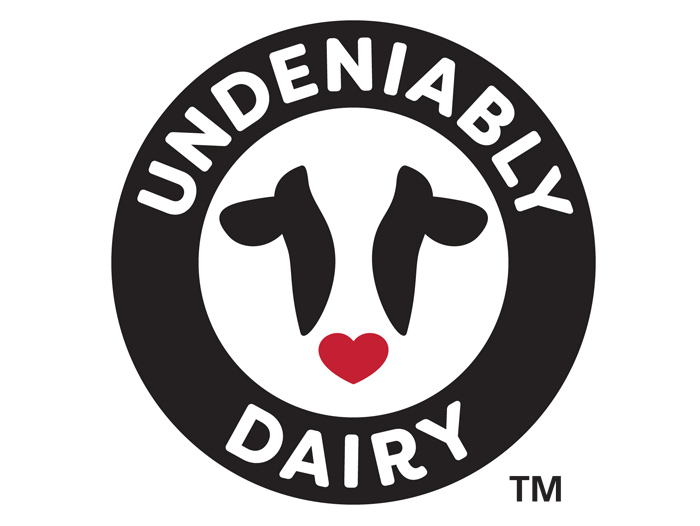Innovation Center for U.S. Dairy Announces Food Safety Training, Resources
February 28, 2019 | 4 min to read

ROSEMONT, Ill. – The Innovation Center for U.S. Dairy will host food safety workshops that are taught by industry professionals for the benefit of the entire industry.
Established under the leadership of dairy farmers and led by dairy company CEOs and industry leaders representing 60 percent of the U.S. milk supply, the Innovation Center provides a pre-competitive forum for the industry to work together on shared social responsibility priorities and opportunities.
The food safety committee of the Innovation Center helps the industry improve practices and reduce risks in dairy foods. Since 2010, more than 3,200 people have attended workshops focused on strengthening manufacturing practices, supporting safe supplier programs and protecting consumers from foodborne issues.
The following workshops are being offered:
Dairy Plant Food Safety – participants will learn best practices and practical approaches for pathogen control through lectures and hands-on group exercises that include environmental monitoring, sanitary designs and developing Sanitation Standard Operating Procedures. It provides a framework to build knowledge and programs in support of a company’s Food Safety Modernization Act (FSMA) preventive controls and food safety plan. This workshop leverages the pathogen equation to develop programs and teach “how” to implement best practices that address the “what” of FSMA requirements. All workshops cover wet and dry product operations. The Minneapolis session will focus on dry powder operations.
Schedule:
- April 3-4, Seattle (Hosts: Darigold and Tillamook Cheese)
- May 21-22, Baraboo, Wisconsin (Hosts: Foremost Farms and Sargento Foods)
- October 15-16, Minneapolis (Hosts: Land O’ Lakes and Glanbia)
- October 22-23, Wilbraham, Massachusetts (Hosts: HP Hood, Dean Foods and Agri-Mark)
Registration fee: $495
Supplier Food Safety Management – designed for companies and their suppliers that are seeking to assure the food safety performance of their supply network. The workshop will help companies identify, quantify and mitigate risks from ingredients, packaging, equipment and services. In addition, it provides a science-based template to develop a supply-chain program and preventive controls aligned with FSMA. Elements include: identifying potential hazards, assessing if systems are in place to control identified hazards and assessing supplier performance/FDA compliance history.
Schedule:
- April 9-10, Green Bay, Wisconsin
Registration fee: To encourage “paired learning” with manufacturers and suppliers, half-price registrations ($195) are available with one full-price attendee ($395).
Visit www.usdairy.com/events for more information on any of these workshops.
Additional online training and resources are available from the Innovation Center, including:
Artisan/Farmstead Cheesemaker Food Safety – The Innovation Center and North Carolina State University created an online course focused on the importance of food safety, food safety hazards, preventive controls, regulatory considerations and product/environmental monitoring. While the training was designed for artisan cheesemakers, it also is valuable to farmstead producers.
Registration fee: $149. There is no charge for American Cheese Society members (contact ACS for more information).
In addition, up to 20 two-day courses will be offered throughout the U.S. over the next three years. The courses are underwritten by a USDA National Institute of Food and Agriculture grant to offer training on food safety measures and help students complete a plan for their operations. The workshop includes follow-up support and mentoring. Dates and locations can be found atwww.usdairy.com/artisan
Listeria Control Guidance Document – a downloadable guide written by top dairy food safety experts is available at www.usdairy.com/foodsafety. This guide follows “the pathogen equation,” which is the core of the dairy plant food safety workshop. The document is also available in Spanish.
###
Innovation Center for U.S. Dairy® is a forum that brings together the dairy community to address the changing needs and expectations of consumers through a framework of shared best practices and accountability. Initiated in 2008 by dairy farmers through the dairy checkoff, we collaborate on efforts that are important both to us and our valued customers – issues like food safety, nutrition and health, the environment and economics. The Innovation Center is committed to continuous improvement from farm to table, striving to ensure a socially responsible and economically viable dairy community.
